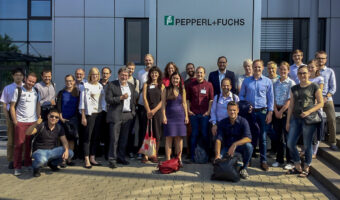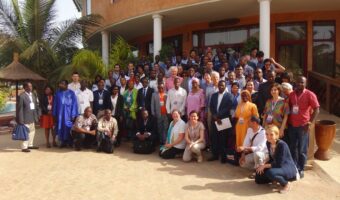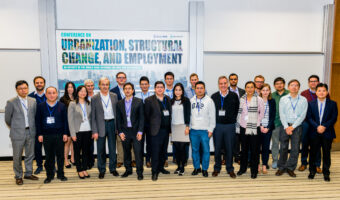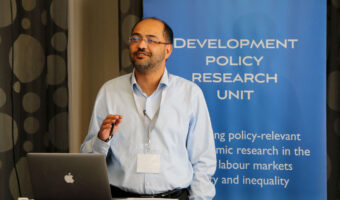The Institute for Structural Research is a member of the Network for Jobs and Development (NJD) partnership financed from of the World Bank’s Development Grant Facility (DGF). The NJD was established to pursue a multi-sectoral and multi-disciplinary approach to the global jobs agenda during the period 2013-16. IBS is one of five global institutions that are joining the NJD. Our partners include:
- Development Policy Research Unit at University of Cape Town (DPRU)
- Institute for Emerging Market Studies at Hong Kong University of Science and Technology (HKUST IEMS)
- Indian Council for Research on International Economic Relations (ICRIER)
- Latin American and Caribbean Economic Association (LACEA)
while the World Bank Jobs group is our counterpart at the World Bank. Building on the WDR 13 on Jobs, the Jobs Knowledge Platform, and the interest of the international community in employment as part of the post-2015 MDG and the G20 agendas, this program builds a vibrant community of individuals and institutions working on issues related to jobs that will share experiences and knowledge to inform policy debates and offer development solutions. The NJD Initiative recognizes employment generation as a critical condition for raising living standards, achieving poverty reduction, and the role of globalization in improving labour working conditions. It supports the extension of the benefits of growth and good jobs to lagging regions within countries and emphasizes the role of employment and skills in driving economic growth. The goal of the NJD is to contribute to the creation of multi-sector, multi-disciplinary solutions to the jobs challenges around the world based on research and empirical evidence from programs on the ground. This will help facilitate the identification and dissemination of best practices and innovations on job creation.
***
From 2017 to 2018 the project is funded by IBS own funds.
- Contact:
-
ibs@ibs.org.pl
- Development Policy Reserch Unit at University of Cape Town (DPRU)
- Indian Council for Research on International Economic Relations (ICRIER)
- Institute for Emerging Market Studies at the Hong Kong University of Science and Technology (HKUST IEMS)
- Latin American and Caribbean Economic Association (LACEA)
- World Bank Jobs Group






























